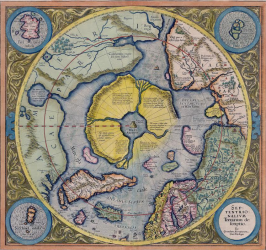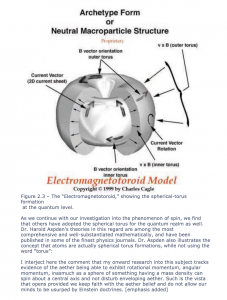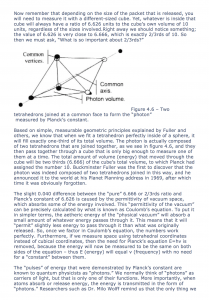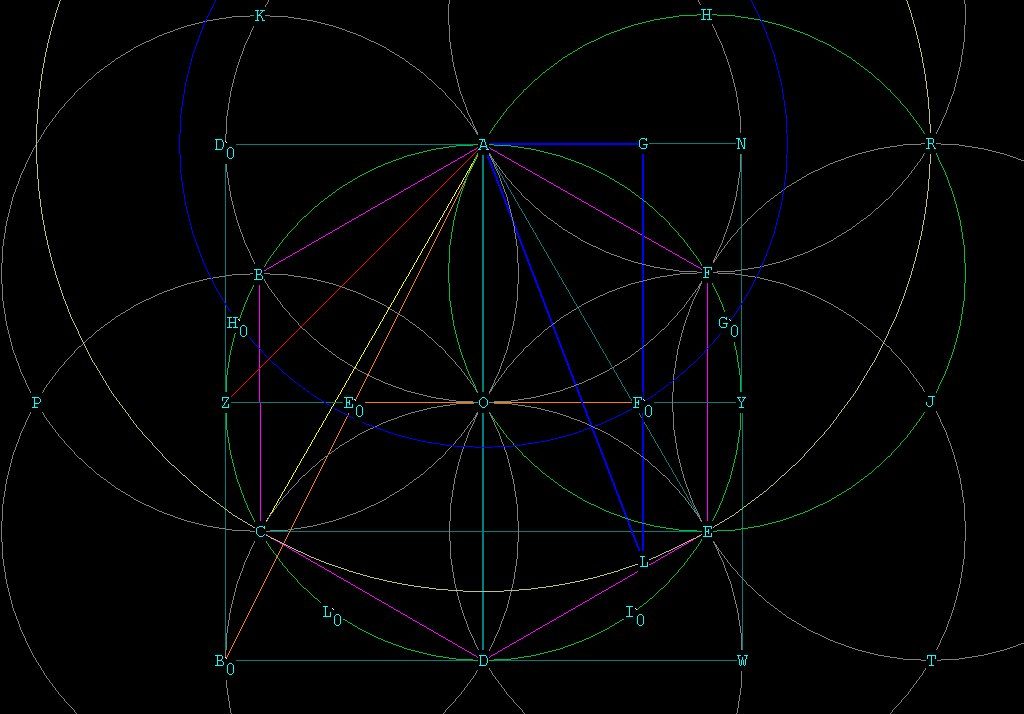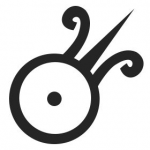Graham Hancock – Suppressed Ancient Civilizations
https://youtu.be/lRPGqUdkLdw
Kenneth J. M. MacLean – The Big Picture
Kenneth J. M. MacLean
Ken has a B.A. in Political Science and a B.S. in Computer Science. In college he studied physics, politics, computers, and math. Although Ken is a spiritual author, he has always been interested in science, math, politics and geometry, and his writings reflect these interests. Ken has written a geometry/math textbook analyzing some of the more important 3 dimensional solids. Ken says: “I believe that spirituality and rational thought are not mutually exclusive!” Ken believes that spiritual concepts are most valuable when they can be applied in everyday life. As one of Kens readers remarked, your material unites spirituality, science, and common sense.
Fundamental universal principles make sense to everyone because they resonate to our common spiritual heritage, says Ken.
“I believe that deep within us is the latent understanding of our spiritual origins, and the existence of universal laws that are based upon the quintessential unity of spirit and matter — an underlying, but invisible substrate that permeates and composes all things.”
Ken is an accomplished editor and writer, and has published his own work and has had some of his books published under the Loving Healing Press label.
For 20 years Ken worked as a painting and decorating contractor. In this work, he met people from all walks of life, and became comfortable speaking and relating to people of all classes, beliefs, occupations, and religions. I can now see life from almost any perspective, says Ken. Its a good feeling to know that all human beings have something to offer.
Ken is also a personal coach, and uses his understanding of life and his experiences to help others.
Terence McKenna – The Transformation
Magnets – Flower of Life – Platonic Solids – Vector Equilibrium
Destroying The Illusion – Anti-Gravity Propulsion Systems
https://youtu.be/_EqneJRgSe8

